Do you have a smart Karate training plan?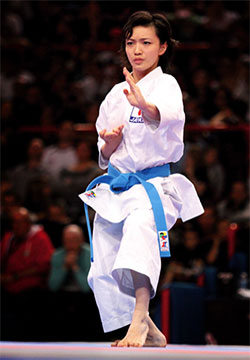
Most people don’t.
In fact, the average Karate-ka doesn’t think about optimal training volume, frequency or intensity.
They just practice based on “gut feeling”...
…which means they never reach their potential.
(That’s why they remain average.)
But if you want to guarantee steady improvement, you need a solid strategy for knowing exactly how much, how often and how hard you should practice Karate!
So…
Today, I want to teach you a scientifically proven training formula.
This model was created by Russian scientist Nikolai N. Yakovlev (1911–1992) and is used by the world’s best performers and athletes.
Follow this model if you want constant improvement in Karate.
Check it out:
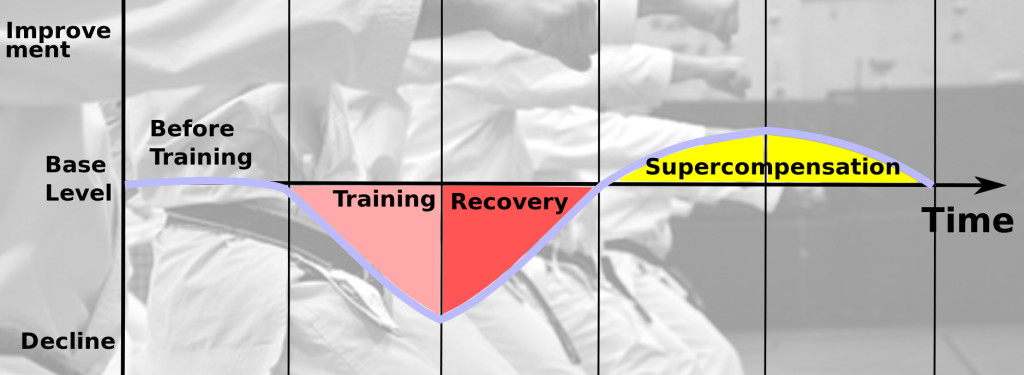
Explanation:
First, you need to understand that humans adapt in response to stress.
Training is stress.
If there’s no stress, there can be no improvement.
(It’s a common misconception that stress is only “bad”. That’s not always the case. Bad stress, called “distress”, most definitely exists – but healthy stress, called “eustress”, is essential to development.)
Remember; a diamond is just a piece of charcoal that handled stress very well.
So… what happens when you practice Karate?
Your system gets stressed!
Your energy burns out, your cells break down & your body releases crash chemicals.
This is known as the “catabolic” state.
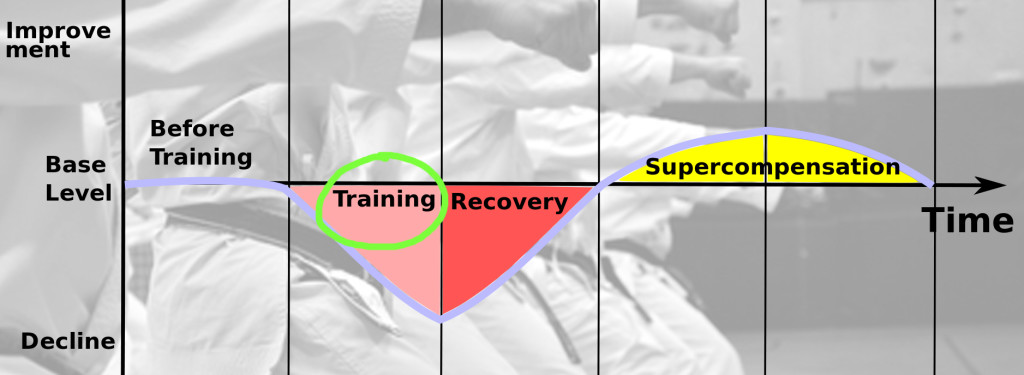
The harder you train, the more you crash.
Until…
You stop training.
Then, your body automatically starts the recovery process!
This is known as the anabolic state.
Your body heals itself by restoring energy levels, releasing positive chemicals and building muscle tissue.
This is why correct recovery is super important for your development.
Eating and sleeping well is essential here.
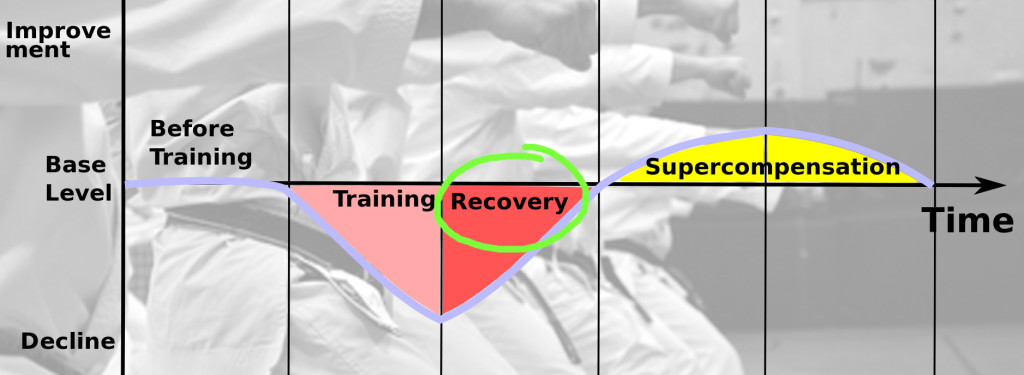
As you keep recovering, your body strengthens more.
Until…
Something MAGICAL happens!
In order to not experience the same levels of stress again, your body grows EXTRA.
This is called “supercompensation”.
You literally become stronger, faster, smarter and more handsome than before!
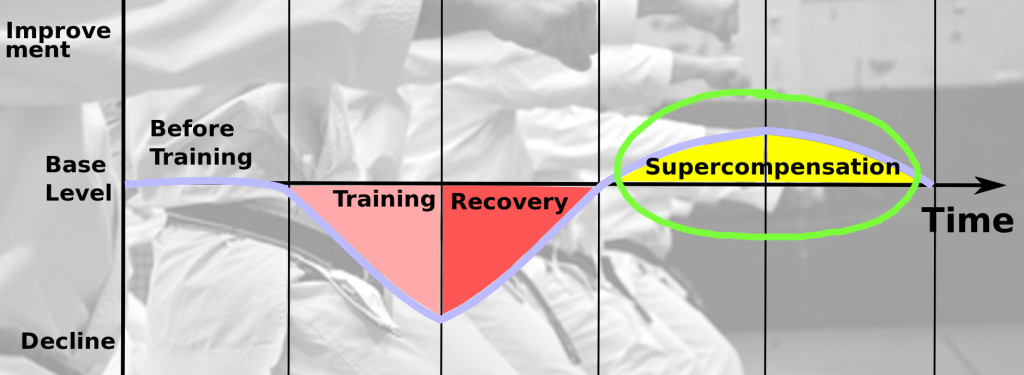
See that?
Now, here’s the important thing:
Your NEXT training session MUST occur during this moment of supercompensation – if you want to guarantee constant improvement!
Why?
Because…
- If you practice again too early, your body hasn’t had time to recover and supercompensate – so your performance declines. You get overtrained!
- If you practice again too late, your body will have reverted back to your old base level – so your performance doesn’t change. You don’t improve!
So…
Herein lies the secret to constant improvement:
Your training must stress your system to such a degree that you’re forced to supercompensate. Your next session must then happen during that supercompensation phase.
Greatness begets greatness.
Here’s an illustration:
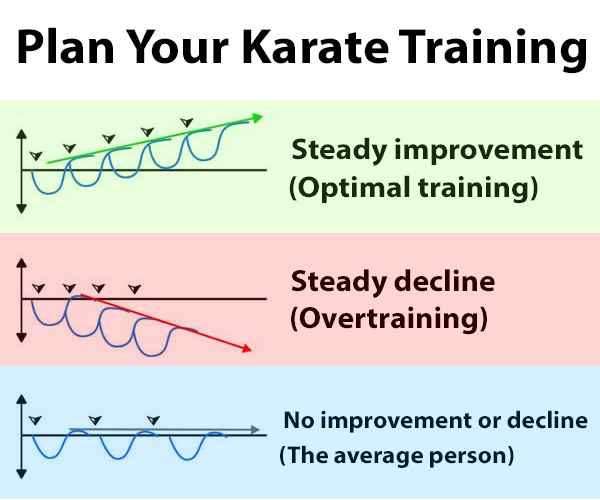
The tricky part is to find your optimal “sweet spot” of training.
My advice is this:
Practice as much as possible, but stop immediately if you notice symptoms of overtraining (joint pain, lack of focus, sore muscles, illness, altered resting heart rate, insomnia, silly injuries etc.).
As a general rule of thumb, the start of every Karate class should feel better than last time.
When you find your sweet spot, keep it up!
Now, tell me something…
Based on this info, how can YOU improve your training?
Should you recover better? Or train more frequently? Or train less?
Leave a comment below!

PS. Get my 25 Karate Hacks to learn the best scientific “hacks” to improve your Karate, strength & health.


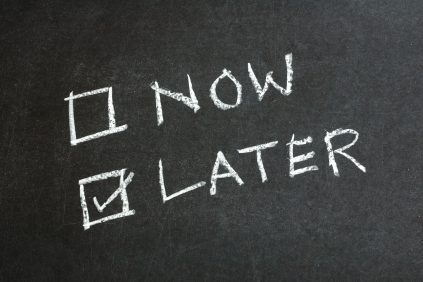
70 Comments